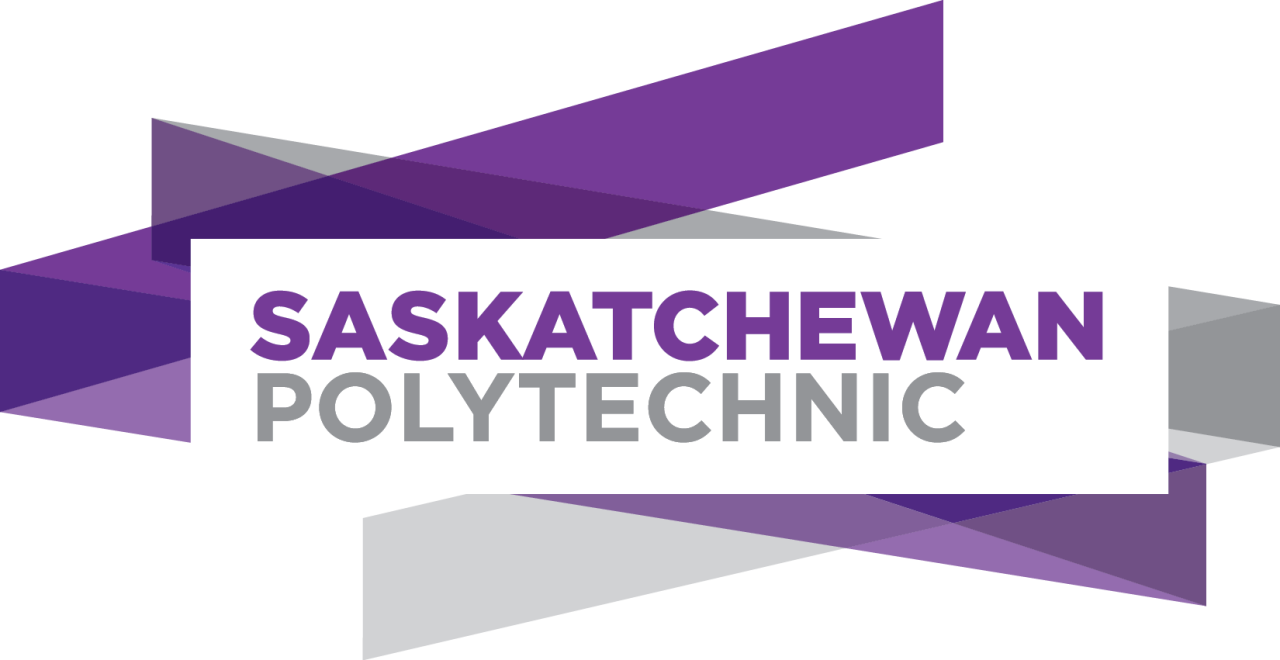Power Engineering 4th Class Upgrade - Part A
Students that have completed their 5th Class Power Engineering certification can register for Power Engineering 4th Class Upgrade (Part A) and work towards obtaining their 4th Class Power Engineering Certificate.
You will earn two high school credits for this course.
Prerequisite
Delivered
Credits
What Will I Learn?
Students will learn about boiler design & systems, plant instrumentation & controls, and concepts in electrotechnology as well as participate in six, in-person, hands-on weekend labs where students will cover topics including micrometers & vernier calipers, valve & pump packing, gasket cutting, twist point drill gauge, gauge glass cutting & installation, and steam boiler operation.
Students will get credit for all 200 hours of 5th Class theory they have already completed and use those skills to help them complete all the requirements for the 4th Class certification.
Completing your Power Engineering 4th Class Upgrade
In Saskatchewan, power engineers must be certified by the Technical Safety Authority of Saskatchewan (TSASK). Sask DLC’s program is recognized by TSASK and follows the Standardization of Power Engineering Examinations Committee (SOPEEC) curriculum, so students who successfully complete all components of our program will meet the requirement for 4th Class certification.
If you already have your Power Engineering 5th Class Certification, you can reach 4th Class Certification by completing Sask DLC’s Power Engineering 4th Class Upgrade which includes:
Completing two, 100 hour online theory courses (Part A & Part B), with a minimum mark of 65% in each course.
Completing both the weekend lab component (80 hours) and an additional 120 hours of steam time at Saskatchewan Polytechnic
Passing two provincial certification exams administered by TSASK
Online Theory
While a mark of 65% in each course is required for certification, all students who receive a final mark of 50% or higher will receive a Saskatchewan high school elective credit for each course completed.
Power Engineering Labs
Sask DLC’s Power Engineering labs consist of six weekend hands-on labs held throughout each year at locations across the province. These labs are mandatory and lab fees are included in Sask DLC course fees. Exact lab dates TBD.
Steam Time
Having successfully passing the Upgrade Part A & Upgrade Part B courses, and completing the 80 hours of hands-on lab time, students will need to complete an additional 120 hours of supervised steam lab time at a post-secondary institution in Saskatchewan. Sask DLC coordinates this for the students, which take place over a designated three-week period in July. This steam time must be completed in order to apply for certification. (*Sask DLC staff will help to coordinate the logistics and support students through the registration process for steam time.)
Steam time Student Cost: approximately $3,500
Students must confirm their July steam time seat by April 30 with the full payment of fees. Seats are filled on a first come basis. A minimum of 12 students is required to run the steam lab with a maximum of 18 spots available.
TSASK Exams
In order to meet the requirements for certification, students must pass two TSASK exams. These exams are administered by TSASK, and take place in Saskatoon and Regina, as well as other locations, throughout the year.
Units of Study
Introduction to plant and fire safety
Introduction to boiler design
Elements of boiler systems
Basic concepts in electrotechnology
Energy plant instrumentation and controls
Introduction to plant operations and the environment
Elementary mechanics and dynamics
Physical, chemical & thermodynamic principles
Materials science & welding technology
Fundamental industrial communication skills
Exams
No Proctored Exams
What is a proctor?Course Materials
You Will Need
Supplied by Sask DLC
Textbooks are not required to complete this course. Students can purchase textbooks at their own expense, if they wish.
Talk to your instructor if you would like to purchase textbooks.


